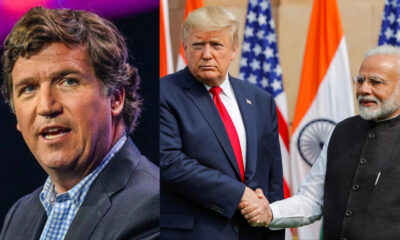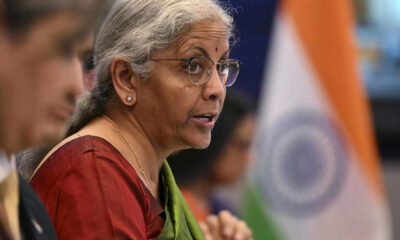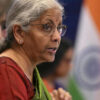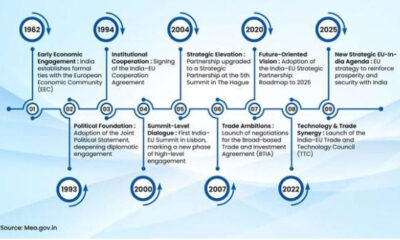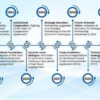India Rebukes BBC Over Coverage of Pahalgam Terror Attack
The Indian government has formally raised strong objections to the BBC’s coverage of the recent Pahalgam terror attack, accusing the British broadcaster of downplaying the seriousness of the incident. In a letter to Jackie Martin, the head of BBC India, the government criticized the BBC for describing the attack as a “militant attack” in its reporting.
The controversy stems from an article titled “Pakistan suspends visas for Indians after deadly Kashmir attack,” in which the BBC referred to the terror incident as a “militant attack.” The article discussed Pakistan’s decision to halt visa services for Indians amid escalating tensions following the Pahalgam attack, which left 26 tourists dead.
Reacting sharply, India’s Ministry of External Affairs (MEA) conveyed its “strong sentiments” to the BBC’s India office. According to government sources, the External Publicity and Public Diplomacy Division within the MEA has formally communicated the country’s displeasure and has indicated that BBC’s future reporting will be closely monitored.
This development echoes a broader international pushback against media organizations seen as minimizing the gravity of terror attacks. Just days earlier, a US Senate panel publicly criticized The New York Times for referring to the Pahalgam terrorists as “militants.” The US House Foreign Affairs Committee went a step further, calling out the terminology on social media platform X (formerly Twitter).
In a pointed post, the committee crossed out the word “militants” and replaced it in bold red with “terrorists,” stating: “Hey, @nytimes we fixed it for you. This was a TERRORIST ATTACK plain and simple. Whether it’s India or Israel, when it comes to TERRORISM the NYT is removed from reality.” The move highlighted growing frustration with international media coverage perceived as softening the language around acts of terrorism.
Amid heightened sensitivities following the Pahalgam attack, the Indian government has also taken significant steps to curb the spread of misinformation and provocative messaging from across the border. Acting on recommendations from the Ministry of Home Affairs, India has banned 16 Pakistani YouTube channels, which collectively had over 63 million subscribers. Among the prominent names banned is the channel run by former Pakistani cricketer Shoaib Akhtar, which boasted 3.5 million subscribers.
The government has maintained that these channels were spreading false narratives and inflammatory content, exacerbating tensions in an already volatile environment. The ban forms part of a broader effort to control the narrative around the attack and prevent the dissemination of content deemed harmful to national security.
The strong diplomatic communication with the BBC and the crackdown on Pakistani digital content reflect India’s growing assertiveness in challenging global media narratives it deems unfair or misleading. Officials stress that the terminology used to describe terror incidents is not merely a semantic issue but a matter of acknowledging the true nature of violent acts and their impact on victims.
As tensions remain high, India’s vigilance over international reporting and cross-border digital media activities is expected to continue in the coming months.
IT.















